
Saudi political analyst Ahmad Al-Shahri said in a March 24, 2023 show on Sky News Arabia (UAE) that the Arab world is moving towards peaceful resolutions and might form an Arab "pole" or "axis" that will "play a role in international politics" in the emerging "multipolar" world. He said that this is evidenced by the Saudi-Iranian rapprochement, the return of Syria into the fold of the Arab world, and the newfound political stability in Lebanon, Yemen, and Libya. Al-Shahri added a quote attributed to Saudi Crown Prince Muhammad Bin Salman that the Middle East is becoming a "new Europe," and he said that the world creates strife and crises in the Middle East because it doesn't want to see peace in the region. He added that the Arab people are tired of dissent and wars and want peace and security.
Ahmad Al-Shahri: "I think that everyone is convinced now that international relations cannot rely today on a unipolar basis like it used to in the past. Today there is multipolarity. China has become an active pole, and it has now come to the Middle East as an economic and political partner.
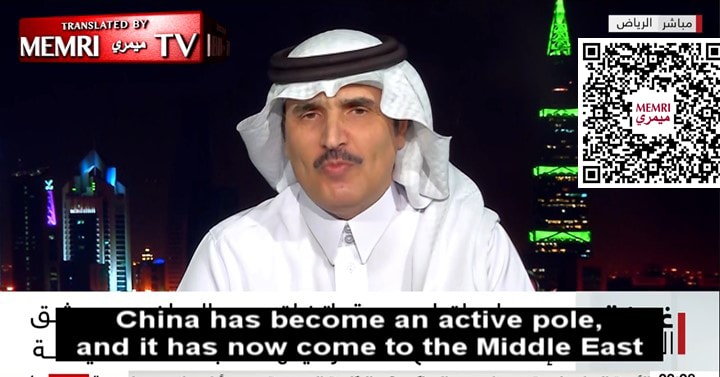

"It has offered a solution, or rather, it has brought the Saudi and Iranian positions closer. The Chinese President's visit to Russia also played a role in resolving the Russian-Saudi crisis. China is also playing a role with Turkey in order to resolve the Ukrainian crisis.


"We witnessed this political maturity and sovereign decision-making with the oil crisis with OPEC and OPEC Plus, when Biden and the West made desperate efforts to have the Gulf or Saudi Arabia side with the West and cut oil [production]. Thus, the interests and the sovereign decision-making of Saudi Arabia and the Gulf countries was clear.
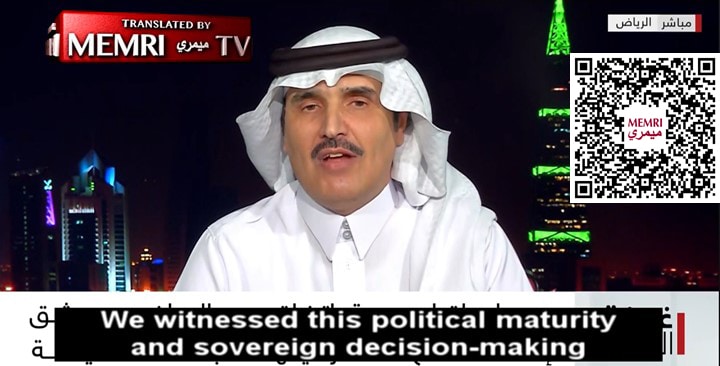

"This is what formulated the Arab pole, which can play a role in international politics, because it has capabilities, oil, strategic locations, open-minded Arab nations, and strategic power. Thus, we might have more capabilities than the West.


"The birth of this Arab axis or pole will be able to solve the issues.
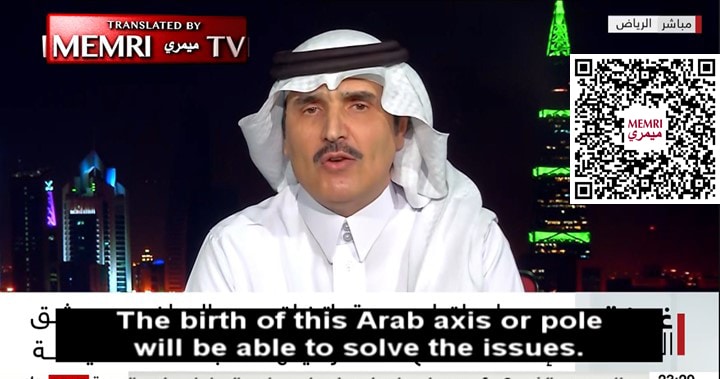
"We made some positive steps. Saudi Arabia and Iran will reconcile. Syria will return to he Arab fold. There will be a new president in Lebanon, and peace and security will return there, inshallah. The same is true for the crisis in Yemen and the crisis in Libya.
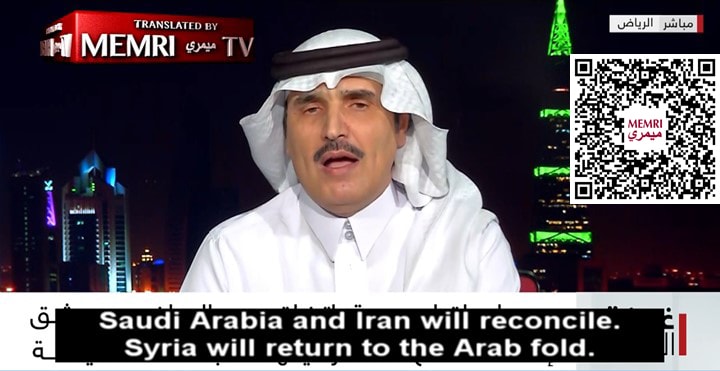
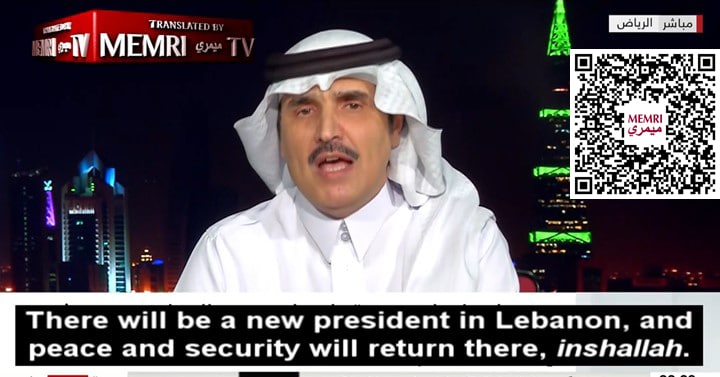
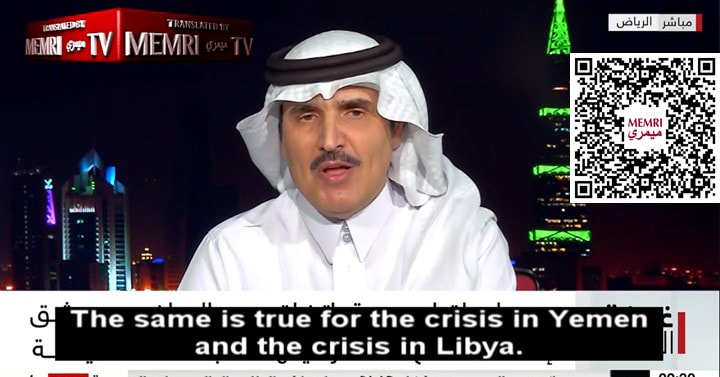
"The world does not want to see security in the Middle East, because in such a case, the world's [weapons] factories would shut down. If they see peace here, they will strive to create civil strife, problems, and crises. This is the truth. These are the well-known policies of the West. But we are able to make peace, inshallah.
"Moreover, as the Crown Prince [Mohammad Bin Salman] said, the Middle East is the new Europe.


"Why? Because of peace, development, and the strategic enterprises in the service of the nations. The people are tired of polarization and wars. The people want peace, security, and food [security].


"The coronavirus crisis has taught the world a lesson — it was assumed that there would be no more wars after it.
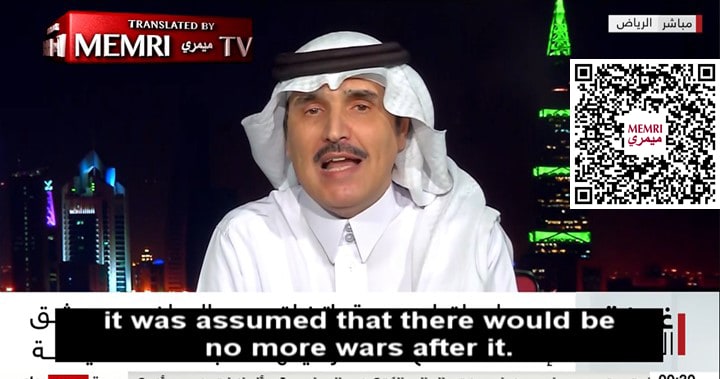
"But unfortunately, the Democrats have forgotten about peace, and declared war — a war against Russia, against China, a war in Taiwan, and a war in the China Sea. They have not learned their lesson, I am sad to say. We in Saudi Arabia, the Gulf, and in the Arab world have learnt a lot from this crisis."















